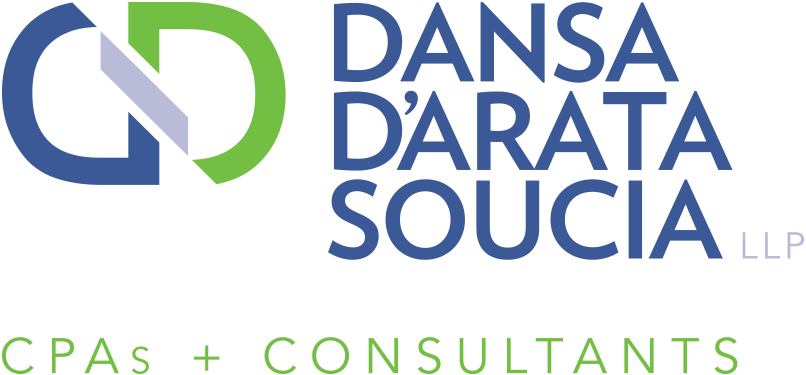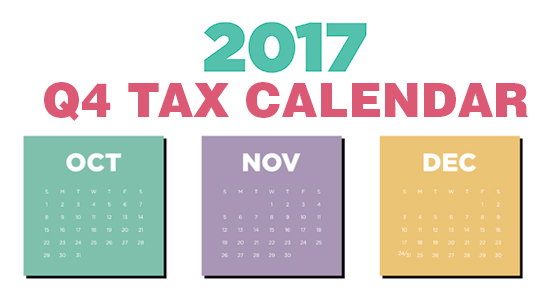2 ACA taxes that may apply to your exec comp
 If you’re an executive or other key employee, you might be rewarded for your contributions to your company’s success with compensation such as restricted stock, stock options or nonqualified deferred compensation (NQDC). Tax planning for these forms of “exec comp,” however, is generally more complicated than for salaries, bonuses and traditional employee benefits.
If you’re an executive or other key employee, you might be rewarded for your contributions to your company’s success with compensation such as restricted stock, stock options or nonqualified deferred compensation (NQDC). Tax planning for these forms of “exec comp,” however, is generally more complicated than for salaries, bonuses and traditional employee benefits.
And planning gets even more complicated if you could potentially be subject to two taxes under the Affordable Care Act (ACA): 1) the additional 0.9% Medicare tax, and 2) the net investment income tax (NIIT). These taxes apply when certain income exceeds the applicable threshold: $250,000 for married filing jointly, $125,000 for married filing separately, and $200,000 for other taxpayers.
Additional Medicare tax
The following types of exec comp could be subject to the additional 0.9% Medicare tax if your earned income exceeds the applicable threshold:
- Fair market value (FMV) of restricted stock once the stock is no longer subject to risk of forfeiture or it’s sold,
- FMV of restricted stock when it’s awarded if you make a Section 83(b) election,
- Bargain element of nonqualified stock options when exercised, and
- Nonqualified deferred compensation once the services have been performed and there’s no longer a substantial risk of forfeiture.
NIIT
The following types of gains from stock acquired through exec comp will be included in net investment income and could be subject to the 3.8% NIIT if your modified adjusted gross income (MAGI) exceeds the applicable threshold:
- Gain on the sale of restricted stock if you’ve made the Sec. 83(b) election, and
- Gain on the sale of stock from an incentive stock option exercise if you meet the holding requirements.
Keep in mind that the additional Medicare tax and the NIIT could possibly be eliminated under tax reform or ACA-related legislation. If you’re concerned about how your exec comp will be taxed, please contact us. We can help you assess the potential tax impact and implement strategies to reduce it.
© 2017



 Business owners may not be able to set aside as much as they’d like in tax-advantaged retirement plans. Typically, they’re older and more highly compensated than their employees, but restrictions on contributions to 401(k) and profit-sharing plans can hamper retirement-planning efforts. One solution may be a cash balance plan.
Business owners may not be able to set aside as much as they’d like in tax-advantaged retirement plans. Typically, they’re older and more highly compensated than their employees, but restrictions on contributions to 401(k) and profit-sharing plans can hamper retirement-planning efforts. One solution may be a cash balance plan. Various limits apply to most tax deductions, and one type of limit is a “floor,” which means expenses are deductible only if they exceed that floor (typically a specific percentage of your income). One example is the medical expense deduction.
Various limits apply to most tax deductions, and one type of limit is a “floor,” which means expenses are deductible only if they exceed that floor (typically a specific percentage of your income). One example is the medical expense deduction.


 “We love our customers!” Every business owner says it. But all customers aren’t created equal, and it’s in your strategic interest to know which customers are really strengthening your bottom line and by how much.
“We love our customers!” Every business owner says it. But all customers aren’t created equal, and it’s in your strategic interest to know which customers are really strengthening your bottom line and by how much.
 You’ve probably heard the term and wondered whether it could happen to your company. Maybe it already has. We’re referring to “digital disruption” — when new technologies and business models affect the value proposition of existing goods and services.
You’ve probably heard the term and wondered whether it could happen to your company. Maybe it already has. We’re referring to “digital disruption” — when new technologies and business models affect the value proposition of existing goods and services.